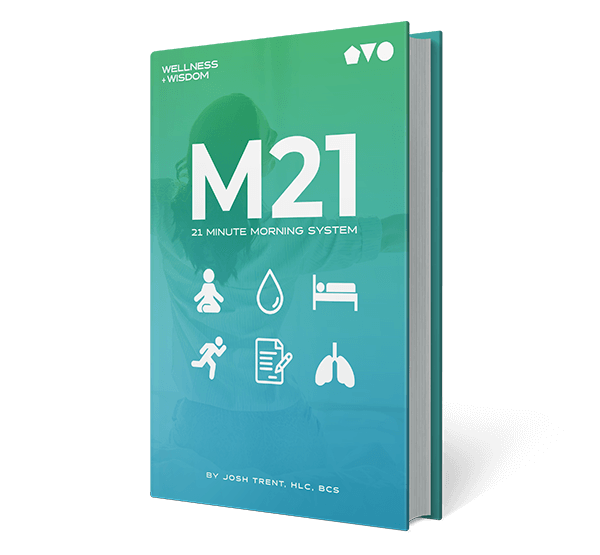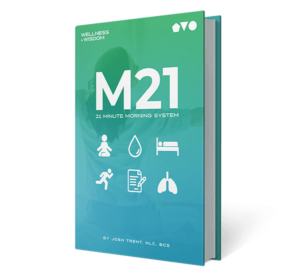 In the demanding field of nursing, managing shift work effectively is crucial not only for the health and safety of patients but also for the nurses' own well-being. Shift work, with its irregular hours, often disrupts normal sleep patterns, dietary habits, and even social interactions, leading to significant challenges in maintaining a healthy and balanced lifestyle. For nurses, whose roles are inherently high-pressure and require immense stamina and alertness, these disruptions can exacerbate stress and lead to burnout. This article delves into practical strategies that can help nurses navigate the complexities of shift work while preserving their health and vitality. By embracing these techniques, nurses can ensure they remain effective in their roles and enjoy a fulfilling, healthy life both inside and outside the workplace.
In the demanding field of nursing, managing shift work effectively is crucial not only for the health and safety of patients but also for the nurses' own well-being. Shift work, with its irregular hours, often disrupts normal sleep patterns, dietary habits, and even social interactions, leading to significant challenges in maintaining a healthy and balanced lifestyle. For nurses, whose roles are inherently high-pressure and require immense stamina and alertness, these disruptions can exacerbate stress and lead to burnout. This article delves into practical strategies that can help nurses navigate the complexities of shift work while preserving their health and vitality. By embracing these techniques, nurses can ensure they remain effective in their roles and enjoy a fulfilling, healthy life both inside and outside the workplace.
Table of Contents
Prioritize Sleep
For shift-working nurses, sleep isn't just a luxury; it's a critical component of their health strategy. Developing a sleep routine that aligns with varying shifts can be challenging, but it's essential for avoiding burnout. Utilize blackout curtains, white noise machines, and strict pre-sleep rituals to encourage restful sleep. Planning your sleep schedule as meticulously as your work schedule can significantly improve your alertness and mood, both at work and at home.
Continuing Education and Support
Continuous professional development, such as obtaining a Doctor of Nursing Practice (DNP), can offer unexpected benefits beyond advancing your career. DNP in nursing education programs often address the latest in medical research, including studies on shift work and its effects on health. Engaging in higher education can equip nurses with new strategies for managing personal health amidst challenging work schedules. Moreover, this educational journey provides a supportive network of peers who understand the unique pressures of nursing.
Nutritional Management
Eating well is particularly challenging for nurses working in shifts, often leading to skipped meals or reliance on fast food. To combat this, plan and prepare meals ahead of time. Focus on including a variety of nutrients in your meals to sustain energy levels throughout long shifts. Small, frequent meals can also help maintain blood sugar levels, preventing the energy crashes that are so common in shift work.
Physical Activity
Incorporating regular physical activity into your routine can be a game-changer for managing stress and improving overall health. Even on busy days, a short walk or a quick workout session can boost endorphins and improve cardiovascular health. For nurses, finding time for exercise might require creativity, like using part of a lunch break to stretch or scheduling specific times during days off to engage in more intensive exercise.
Mental Health Awareness
The mental load of nursing—dealing with emergencies, caring for patients, and the odd hours—can take a significant toll. It’s crucial to acknowledge and address mental health proactively. Simple practices like mindfulness meditation, yoga, or even journaling can provide outlets for stress and help maintain mental clarity. Encouraging a dialogue about mental health within the workplace can also foster a more supportive environment, making it easier for everyone to express when they need help.
Stay Hydrated
Hydration plays a pivotal role in a nurse's ability to perform optimally. Dehydration can lead to fatigue, reduced cognitive function, and in severe cases, medical complications. Nurses should carry a water bottle during their shifts and set reminders to drink regularly. This simple habit not only combats dehydration but also helps maintain energy levels and supports kidney health, which can be particularly stressed during long shifts.
Social Connections
Maintaining social connections can be challenging for nurses working irregular shift patterns. Prioritize time with family and friends to foster important personal relationships. Social support is not only vital for emotional well-being but also provides a buffer against the stress of professional responsibilities. Whenever possible, align your off days with family or friends' schedules to maximize quality time spent with loved ones.
Effective Time Management
Managing time efficiently is crucial, especially when personal time is limited. Effective time management involves more than just scheduling work and personal activities; it also includes setting aside periods for rest and relaxation. Use organizational tools like digital calendars or planners to block out time for health-promoting activities alongside work responsibilities.
Professional Support Networks
Engaging with professional support networks can provide emotional and practical support. Joining nursing associations or online forums where experiences and advice can be shared is invaluable. These networks not only offer an avenue for reducing stress through sharing but also provide insights into managing the unique challenges of shift work in nursing.
Personal Development
 Invest time in personal development to further enrich your life outside of nursing. This can include hobbies, learning new skills, or even part-time education. Personal development activities not only enhance your quality of life but also contribute to a more fulfilling career by preventing burnout and promoting a balanced lifestyle.
Invest time in personal development to further enrich your life outside of nursing. This can include hobbies, learning new skills, or even part-time education. Personal development activities not only enhance your quality of life but also contribute to a more fulfilling career by preventing burnout and promoting a balanced lifestyle.
Conclusion
Balancing shift work with maintaining a healthy lifestyle demands both commitment and creativity, especially in the rigorous and often unpredictable field of nursing. By adopting practical strategies such as prioritizing sleep, managing nutrition, staying active, and nurturing both professional and personal connections, nurses can greatly enhance their well-being. Furthermore, continuous education provides deeper insights and equips nurses with the latest knowledge to manage the unique challenges presented by shift work. These strategies not only help improve nurses' overall health but also boost their capacity to provide compassionate and effective care. Ultimately, embracing these approaches leads to a more sustainable career and a richer, more rewarding life, enabling nurses to thrive in their professional roles while enjoying well-deserved personal fulfillment.









